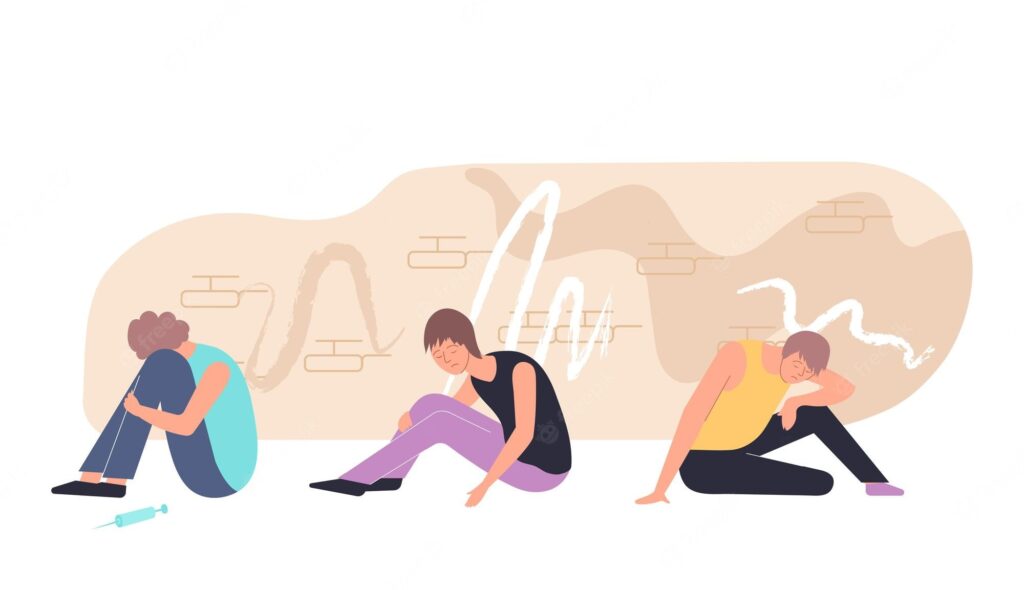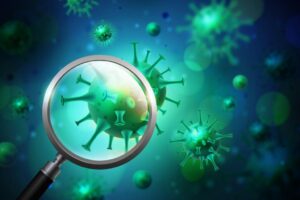The majority of individuals have no difficulty understanding the idea of addictive behaviors, but they struggle to understand addiction when it comes to dependence on substances like alcohol, tobacco, illegal narcotics, or even prescribed pharmaceuticals. However, it is also possible to get addicted to certain behaviors. People can actually become addicted to anything, including gambling, sex, and the internet.
Hair health refers to the overall well-being and condition of the hair on your scalp. Healthy hair is strong, shiny, and free from split ends and excessive breakage. A balanced diet, proper hair care routine, and avoiding damaging habits such as over-styling and heat damage can help maintain hair health. In addition, reducing stress, getting enough sleep, and managing medical conditions that may affect hair health can also play a role in promoting healthy hair growth.
It’s difficult to imagine that someone may become addicted to some hobbies because they seem so common. However, the addictive cycle can still take control, making daily living a constant struggle. People could look for more chances to indulge in the conduct. The want to get high from the conduct becomes so strong that the person keeps up the habit even when it has negative effects. When unable to participate in the activity, some people may also feel withdrawal, which includes unpleasant emotions and other symptoms.
What is Behavioral Addiction?
The Diagnostic and Statistical Manual of Mental Disorders, Fifth Edition (DSM-5) specifically placed behaviors in the addictions category, despite the fact that even professionals dispute whether behavioral addictions are the “real” addictions. The only behavioral addiction that has received official recognition is gambling disorder. Similar to substance-based addictions, behavioral addictions which are also called process addictions have a similar pattern and can cause issues in a variety of aspects of a human being’s life.
Signs and Symptoms of Behavioral Addiction
- Shame and guilt
- Behaviors such as lying
- There is denial
- They miss their work, school, and other significant areas of their lives
- They fight a lot with their friends and families
- They have some sleeping issues
- They lack self-care
Types of Behavioral Addiction
Behavioral Addictions Are:
- Gambling Addiction
A pattern of compulsive gambling that tends to get worse over time characterizes gambling disorder, which is officially recognized as a behavioral addiction. In order to support their habit, “win back” losses, pay other debts, or provide collateral, many individuals with this disease rack up substantial gambling debts, frequently borrowing money under false charges. They keep trying to get the “high” from placing gambling, especially hazardous ones and are confident that they will win. People with gambling disorders frequently lose not only money but also their possessions, employment, and even relationships and connections. This addiction resembles drug and alcohol addiction.
The American psychological association has classified it as an addictive disorder. According to some studies, gambling disorders activate the same brain regions as drug addictions do, and therapy for gambling disorders is frequently offered in clinics that also treat patients for drug and alcohol abuse.
- Sex and Pornography Addiction
For many years, the issue of sexual addiction has been the subject of heated dispute among professionals who have opposing views on whether or not it is actually possible. People who think sex addiction exists typically define it as a pattern of compulsive and harmful sexual practices or activities or behavior, much like how addiction to drugs is defined.
The compulsive use of porn is what is known as porn addiction, which is thought to be a form of sex addiction. Even when it harms a person, their relationships, or other significant aspects of their lives, using pornography is perpetuated. In addition to the obvious “symptom” of excessive porn consumption, other crucial characteristics that may point to a porn addiction include a lack of performance with real-life partners (most often in men) and a lack of sexual satisfaction with those relationships.
- Internet Addiction
Internet addiction is defined as an unpleasant behavior or habit that disrupts and stresses out a person’s personal, academic, and/or professional life. Compulsive Internet use entirely controls a person’s life, just like other addictions do.
- Shopping Addiction
Shopping is another habit that is seen as having an impulse control disorder when it becomes out of control. Do you ever buy anything to cheer yourself up only to feel bad later? Do you keep clothing with price tags still attached in your closet? You may be a compulsive shopper. According to studies, obsessive buying is more common in women than in males and can have serious financial and interpersonal consequences.
- Video Game Addiction
Video game addiction (VGA), often referred to as gaming disorder or internet gaming disorder, is generally defined as the harmful, compulsive use of video games that, over time, dramatically reduces a person’s performance in a range of life areas.
- Food Addiction
Studies have shown that it is possible to become addicted to food, especially processed foods that are high in calories, fat, and sugar. The concept of food addiction and binge eating disorder are very similar. Binge eating disorder is characterized by eating a lot of food quickly, yet it is not always specific to one type of food.
On the other hand, it is believed that food addiction is an addiction to certain foods that trigger the reward pathways in the brain that are associated with addiction. Instead of the unique “episodes” that binge eaters experience, this leads to fixation and loss of control whenever these foods are present.
Treatment of Behavioral Addiction
However, the terminology of medicine and mental health does not yet fully encompass these behavioral addictions. It’s a recent phenomenon that the prevalence of these ailments has increased along with the development of technology. Mental health professionals can assist people in overcoming these disorders and finding healthy ways to deal with these compulsions even if there is currently no standardized approach for diagnosing these disorders. It is well established that cognitive behavioral therapy, talk therapy, and group therapy can be helpful in treating these addictions.
Taking sessions online through online counseling will also help. An Online Counselor will help you recognize your thoughts and overcome them positively.




























